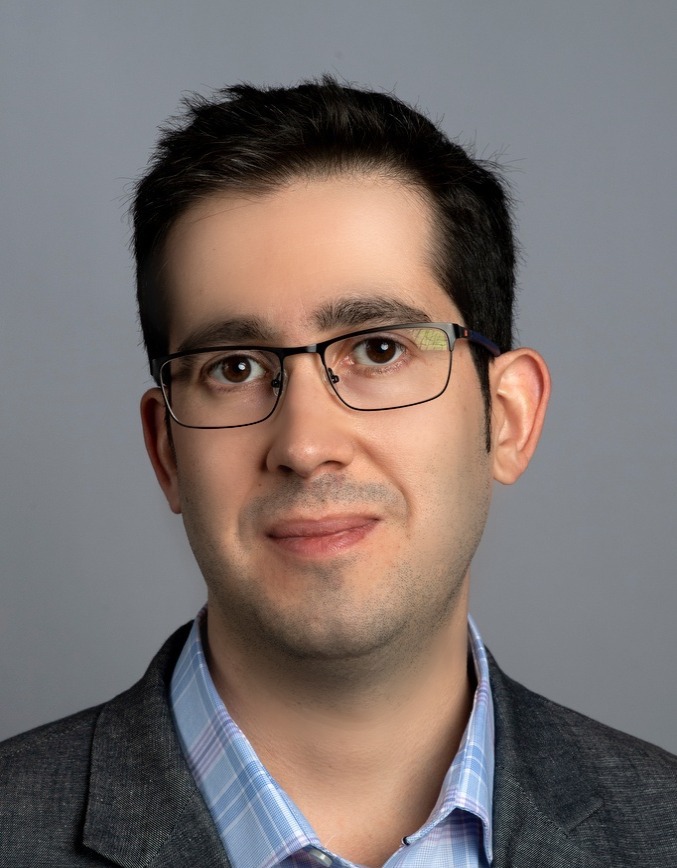“Conquering the Terahertz Band for 6G Systems: From Theory to Practice”
Thursday, Sept. 30 at 1:00 pm
Via Zoom
Email communications@ece.ufl.edu for Zoom info
sponsored by the ECE IDEA Committee
|
Abstract
The need for higher data-rates and more ubiquitous connectivity for an ever-increasing number of wirelessly connected devices motivates the exploration of uncharted spectral bands. In this context, Terahertz (THz)-band (0.1–10 THz) communication is envisioned as a key wireless technology of the next decade. The very large bandwidth available at THz frequencies (tens to hundreds of consecutive GHz) can alleviate the spectrum scarcity problem while enabling wireless Terabit-per-second (Tb/s) links in personal and local area networks, backhaul for urban and rural areas, and even space networks. Moreover, the very small size of THz transceivers and antennas (submillimetric at THz frequencies) leads to miniature communication devices with applications in wireless networks on chip, wireless nanosensor networks and the Internet of Nano-Things, to name a few. Nevertheless, there are several roadblocks that need to be overcome to tap in the THz band, ranging from the lack of high-power THz sources, high sensitivity detectors and steerable directional antenna systems, to advanced signal processing, communication and networking techniques that can make the most of the ultra-broadband THz channel while overcoming the challenging propagation characteristics of THz waves. In this talk, the state of the art and open challenges to enable THz communication systems will be presented, including THz wave propagation and channel modeling, ultra-broadband physical and link layer solutions, and innovative platforms for experimental THz research.
Biography
Dr. Josep M. Jornet is an associate professor in the Department of Electrical and Computer Engineering, the director of the Ultrabroadband Nanonetworking Laboratory, and a member of the Institute for the Wireless Internet of Things and the SMART Center at Northeastern University, in Boston, MA. He received the B.S. in telecommunication engineering and the M.Sc. in information and communication technologies from the Universitat Politecnica de Catalunya, Barcelona, Spain, in 2008. He received the Ph.D. degree in electrical and computer engineering from the Georgia Institute of Technology, Atlanta, GA, in 2013. From August 2013 and August 2019, he was a member of the faculty at the Department of Electrical Engineering at the University at Buffalo, The State University of New York. His research interests are in Terahertz-band communication networks, wireless nano-bio-communication networks and the Internet of nano-things. In these areas, he has co-authored more than 140 peer-reviewed scientific publications, 1 book, and has also been granted 4 US patents, which have accumulated over 10,600 citations (h-index of 46) as of September 2021. He is serving as the lead PI on multiple grants from U.S. federal agencies including the National Science Foundation, the Air Force Office of Scientific Research and the Air Force Research Laboratory. He is also the Co-Editor-in-Chief of Elsevier Nano Communication Networks Journal, and serves in the Steering Committee of the ACM Conference Series on Nanoscale Computing and Communications. He is a recipient of the National Science Foundation CAREER award and of several other awards from IEEE, ACM and UB. He is a member of the ACM and a senior member of the IEEE.
